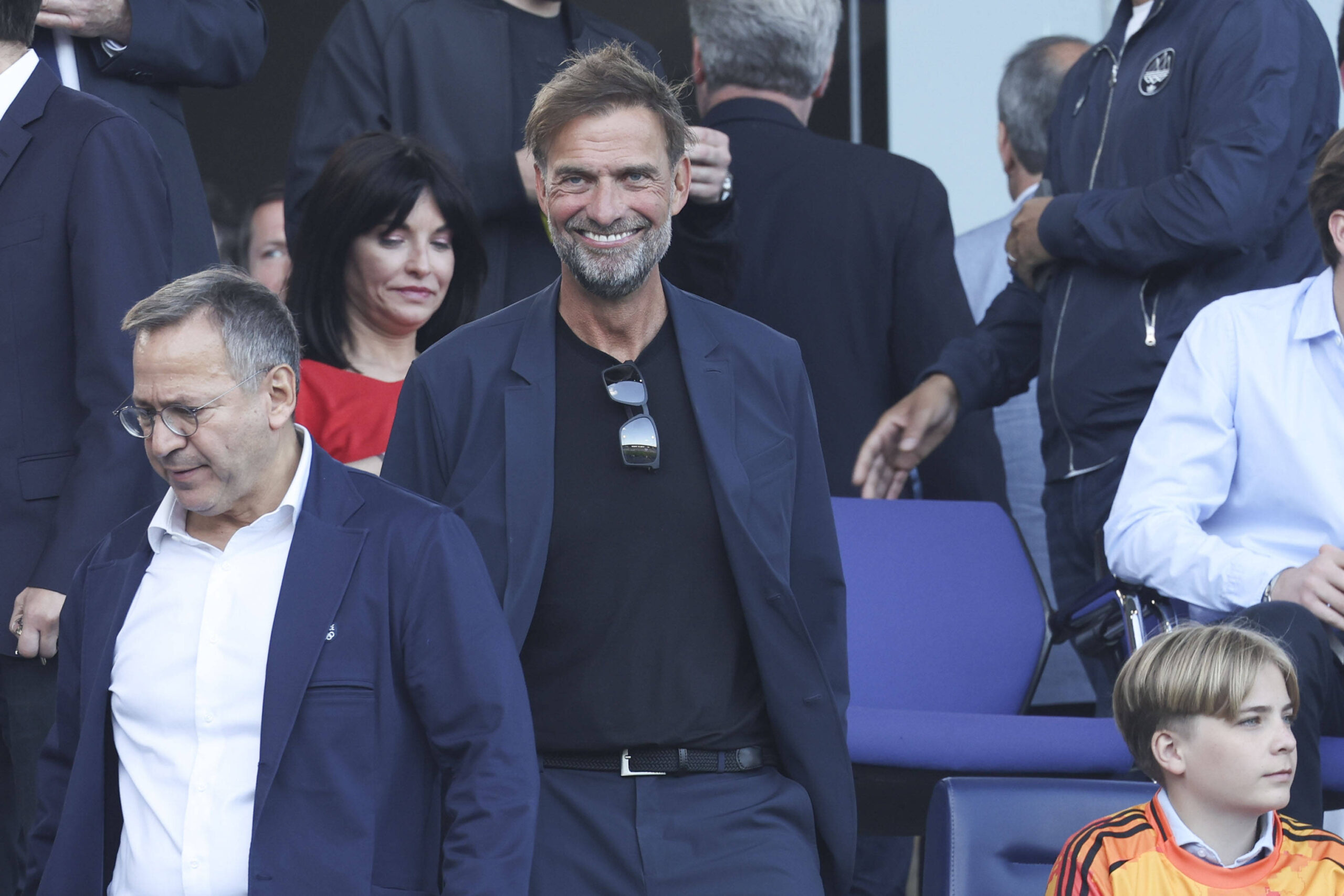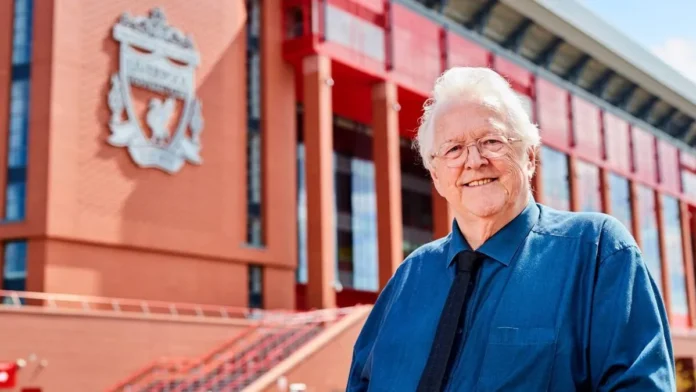Voice of Anfield: George Sephton’s Enduring Legacy
For 54 years, George Sephton was the sound of Liverpool matchdays, his voice echoing across Anfield in tones that seemed stitched into the club’s identity. Known affectionately as the Voice of Anfield, Sephton stood apart from the modern breed of hyperactive stadium announcers. “I don’t like the way the modern guys yell out the names on the team sheet. It makes me cringe,” he said in his conversation with The Telegraph. His philosophy was rooted in dignity and respect for the club’s traditions.
“It amazes me,” he admitted, reflecting on the wave of love he received following his retirement in May 2025. “Kenny Dalglish gave me a presentation on the pitch before the last game of the season… I kept him waiting because there were that many people stopping me for selfies.”
Sephton wasn’t merely an announcer. He was part of the fabric of Liverpool’s story, a man whose calm cadence provided the prelude to moments of chaos, triumph and heartbreak.
Keeper of the Matchday Spirit
Unlike the booming voices and over-produced hype found elsewhere, Sephton’s delivery was pure Anfield. He never wanted to turn football into theatre. “I tried to do my bit to maintain the dignity of Liverpool FC,” he explained. For generations, that understated tone became the rhythm of the Reds’ home matchdays.
His commitment to authenticity went beyond music and announcements. When the club sought to monetise birthday dedications, Sephton refused. “They wanted to charge for dedications. That really wasn’t on. Not what should be happening at Anfield. So I refused to do it. And the idea quietly went away.”
It was that quiet defiance that defined him. Sephton’s playlists were eclectic and unmistakably Liverpudlian, featuring The Zutons, The Lightning Seeds, and Pete Wylie’s Heart As Big as Liverpool. “I’ve always kept an eye out for Liverpool acts,” he said proudly. His music was a soundtrack not just to football, but to a city and its people.
Memories, Music and Meaning
Sephton’s recollections are steeped in nostalgia. His eyes still light up when he recalls “the win against Barcelona… impossible job and we won it 4-3.” Yet there’s humility, too. Despite his long service, he was never officially part of the staff. “I had a lanyard one season which said I was a ‘casual matchday safety steward’,” he laughed.

He remembers Jürgen Klopp’s warmth vividly. “When he heard my name he said, ‘ah, the famous Voice of Anfield’.” But his relationship with Arne Slot, Liverpool’s new manager, never began. “I’ve never spoken to Arne Slot,” he admitted. Times have changed, but his influence lingers.
Sephton ended his career as he lived it: understated, loyal and ever in tune with the city’s heartbeat. “I used to like taking a bunch of records to the youth club and playing my favourite tunes to my close friends,” he said. “That’s how I regarded my job at Anfield, playing my favourite tunes to 60,000 close friends.”
Our View – Anfield Index Analysis
For Liverpool supporters, George Sephton was as much a part of Anfield as the Shankly Gates or the Kop itself. His departure marks the end of an era that valued class over chaos. Fans who grew up hearing his gentle voice before every kick-off feel the loss deeply. He represented a link between the club’s glorious past and its present success under Arne Slot.
Many will agree with Sephton’s discomfort at “modern guys” shouting through the mic. His refusal to turn Anfield into a circus mirrors what makes Liverpool different: a focus on substance and pride rather than gimmicks. In an age when football often feels over-produced, Sephton’s approach feels refreshing.
The notion of “playing my favourite tunes to 60,000 close friends” perfectly captures his bond with supporters. That’s Liverpool at its best—human, connected and proud of its roots. As Slot continues to shape a new era of football excellence, Sephton’s quiet influence remains, reminding everyone that the club’s soul lies not in spectacle, but in sincerity.



